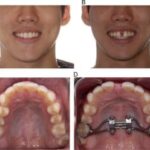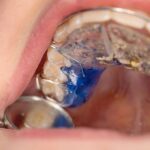In the dental field, dental assistants play a crucial role in supporting the dentist and providing quality patient care. However, there are certain tasks and procedures that require additional training and certification. These expanded functions can only be delegated to dental assistants by specific individuals or entities.
The primary authority who delegates expanded functions to dental assistants is the state dental board or dental regulatory agency. Each state has its own set of rules and regulations regarding the scope of practice for dental assistants. These regulations outline the specific tasks and procedures that dental assistants can perform under the direct supervision of a licensed dentist.
In addition to the state dental board, dentists themselves have the authority to delegate expanded functions to dental assistants. Dentists are responsible for assessing the competency of their dental assistants and ensuring that they have the necessary training and skills to perform these tasks. They may delegate expanded functions to dental assistants based on their level of experience and training.
Furthermore, dental schools and educational institutions also play a role in delegating expanded functions to dental assistants. Dental assistant training programs provide students with the necessary knowledge and skills to perform a wide range of tasks. These programs often include clinical rotations where students gain hands-on experience under the supervision of experienced dental professionals.
Overall, the delegation of expanded functions to dental assistants is a collaborative effort between the state dental board, dentists, and educational institutions. By ensuring that dental assistants have the proper training and supervision, they can effectively contribute to the dental team and provide quality care to patients.
Dental Board
The Dental Board is a regulatory body that oversees the practice of dentistry in a specific state or region. It is responsible for ensuring that dental professionals, including dentists, dental hygienists, and dental assistants, adhere to the highest standards of patient care and safety.
The Dental Board is typically composed of appointed members who are experts in the field of dentistry. These members may include practicing dentists, dental hygienists, and representatives from the public. The board is responsible for establishing and enforcing regulations and guidelines that govern the practice of dentistry within their jurisdiction.
The Dental Board also plays a crucial role in the licensure and certification of dental professionals. They review and approve dental assistant training programs to ensure that they meet the necessary standards. They also administer licensing exams and issue licenses to qualified dental professionals, including dental assistants.
In addition to regulating the practice of dentistry, the Dental Board also investigates complaints and disciplinary actions against dental professionals. They have the authority to suspend or revoke licenses, issue fines, and impose other disciplinary measures if a dental professional is found to have violated regulations or engaged in unethical or unsafe practices.
Overall, the Dental Board plays a vital role in protecting the public and ensuring that dental professionals, including dental assistants, provide safe and effective care. By establishing regulations and guidelines, licensing qualified professionals, and enforcing standards of practice, they help to maintain the integrity and quality of dental care in their jurisdiction.
Dentist

The dentist is responsible for determining which expanded functions can be delegated to dental assistants based on their education, training, and experience. This includes tasks such as taking dental X-rays, applying sealants, and performing certain dental procedures under the direct supervision of the dentist.
In order to delegate these expanded functions, the dentist must ensure that the dental assistant has received proper training and is competent in performing the delegated tasks. This may involve providing additional education or supervision to the dental assistant to ensure their skills are up to par.
In addition to their role in delegating expanded functions, dentists also play a crucial role in the overall management and operation of the dental practice. They work closely with dental hygienists, dental office managers, and other dental professionals to provide comprehensive oral healthcare to patients.
Overall, the dentist is a key figure in the delegation of expanded functions to dental assistants. Their expertise and guidance ensure that dental assistants can effectively contribute to the delivery of high-quality dental care.
Dental Hygienist
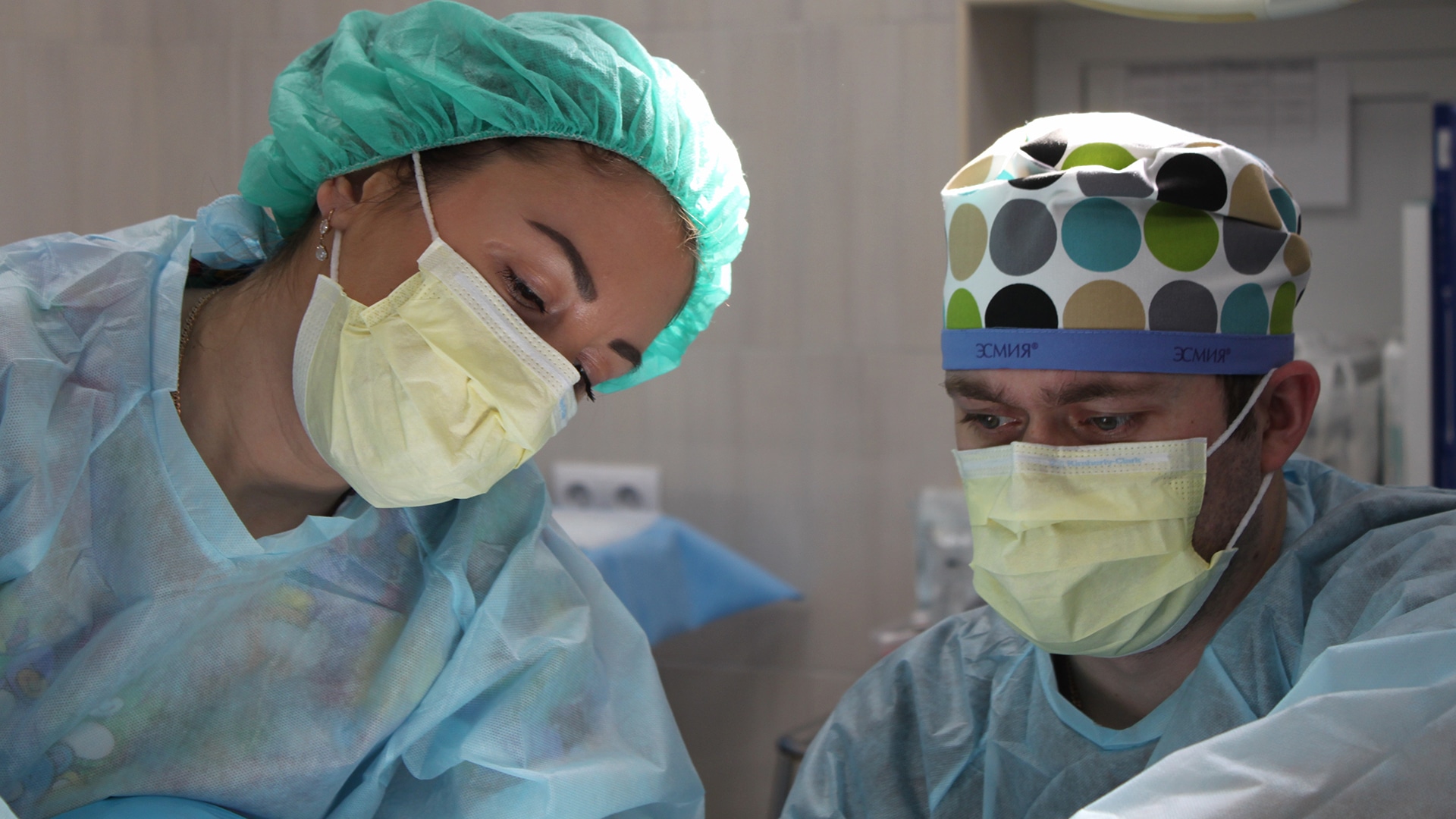
A dental hygienist is a licensed oral healthcare professional who works closely with dentists to provide preventive dental care to patients. They play a crucial role in maintaining oral health and preventing dental diseases.
In addition to cleanings, dental hygienists may also take dental X-rays, apply dental sealants, and administer local anesthesia. They assist dentists in performing dental procedures, such as fillings and extractions, by preparing the patient and providing support during the procedure.
To become a dental hygienist, individuals must complete an accredited dental hygiene program and pass a licensing examination. Continuing education is also necessary to maintain licensure and stay updated with the latest advancements in dental hygiene.
Dental Practice
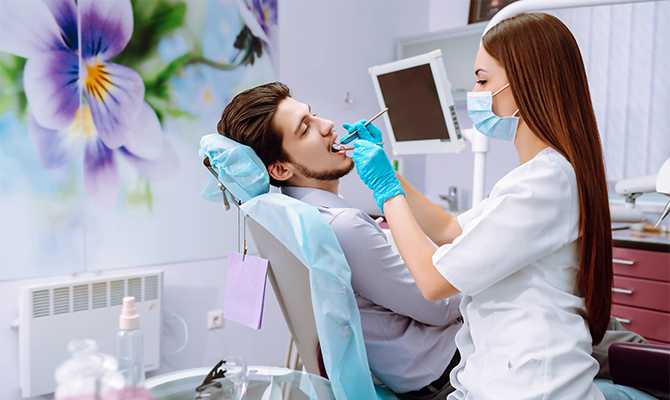
In the field of dentistry, a dental practice refers to the physical location where dental services are provided. It can be a private clinic, a group practice, or a dental office within a hospital or other healthcare facility. The dental practice is where dentists, dental hygienists, and dental assistants work together to provide oral healthcare to patients.
The dental practice is responsible for ensuring that all dental procedures are performed in accordance with state regulations and guidelines set by the dental board. This includes maintaining a clean and sterile environment, following proper infection control protocols, and adhering to ethical standards of practice.
Within the dental practice, the dentist is the primary healthcare provider who diagnoses and treats oral health issues. The dentist delegates certain expanded functions to the dental assistant, such as taking dental impressions, applying topical fluoride, and providing patient education. However, the dental assistant must work under the direct supervision of the dentist.
State regulations play a crucial role in governing dental practices. Each state has its own set of rules and regulations that dental practices must follow to ensure patient safety and quality of care. These regulations may vary in terms of scope of practice, licensure requirements, and supervision levels for dental assistants.
To work in a dental practice, dental assistants must complete a training program that is accredited by the dental board or recognized by the dental association. This program provides the necessary knowledge and skills to perform dental assisting duties safely and effectively. Dental assistants may also choose to become certified or registered, which can enhance their job prospects and earning potential.
The dental practice may be affiliated with a dental association, which is a professional organization that represents the interests of dentists and dental professionals. The dental association provides resources, continuing education opportunities, and advocacy for dental practices and their staff.
Overall, the dental practice is a vital component of the oral healthcare system. It serves as a hub for dental professionals to collaborate and provide comprehensive dental care to patients, while adhering to state regulations and ethical standards.
State Regulations
State regulations play a crucial role in determining the scope of practice for dental assistants. Each state has its own set of rules and guidelines that dictate what tasks and responsibilities dental assistants can perform. These regulations are put in place to ensure patient safety and maintain the quality of dental care provided.
Education and Training Requirements
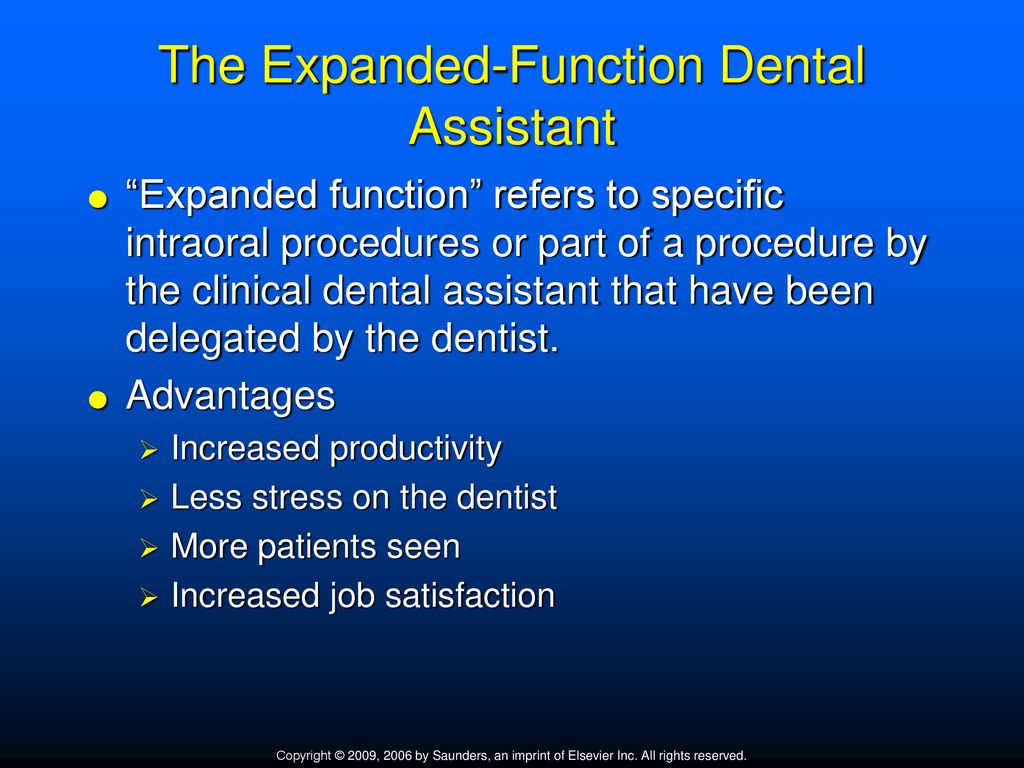
State regulations often outline the education and training requirements for dental assistants. These requirements may include completing an accredited dental assisting program or obtaining certification from a recognized dental assistant organization. Some states may also require dental assistants to pass a state-specific examination.
Continuing education may also be a requirement for dental assistants to maintain their license or certification. This ensures that dental assistants stay current with the latest advancements and best practices in the field. Continuing education courses may cover topics such as infection control, radiography, dental materials, and dental office management.
Scope of Practice
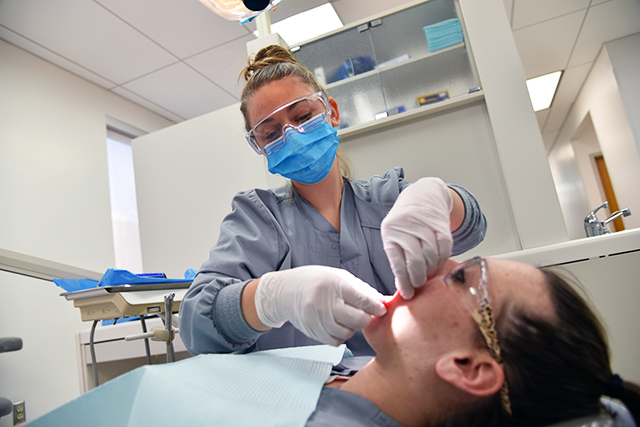
State regulations define the scope of practice for dental assistants, outlining the specific tasks and procedures they are allowed to perform. This may include tasks such as taking and developing dental X-rays, preparing and sterilizing instruments, taking impressions, and providing patient education on oral hygiene.
Conclusion
Dental Assistant Training Program
A dental assistant training program is an essential part of becoming a qualified dental assistant. These programs provide individuals with the necessary knowledge and skills to effectively assist dentists and dental hygienists in providing patient care.
During a dental assistant training program, students learn about dental terminology, anatomy, and oral health. They also receive hands-on training in dental procedures, infection control, and dental equipment usage.
Upon completion of a dental assistant training program, graduates may be eligible to take a certification exam to become a certified dental assistant (CDA). This certification further validates their knowledge and skills in the field.
Continuing education is also an important aspect of a dental assistant training program. As dental practices and technologies continue to evolve, it is crucial for dental assistants to stay updated on the latest advancements in the field.
Many dental assistant training programs offer internships or externships, allowing students to gain real-world experience in a dental office setting. This practical experience enhances their skills and prepares them for the demands of the job.
Overall, a dental assistant training program is a comprehensive educational experience that equips individuals with the necessary skills and knowledge to excel in their role as dental assistants. It is a stepping stone towards a rewarding career in the dental field.
Dental Association
The Dental Association plays a crucial role in the dental assistant profession. It is a professional organization that represents and advocates for dental assistants. The association works to promote the interests and welfare of dental assistants, as well as to advance the field of dentistry and oral health care.
The Dental Association provides a platform for dental assistants to connect, network, and share knowledge and experiences. It offers various resources, such as continuing education programs, conferences, and publications, to help dental assistants stay updated with the latest advancements in the field.
Furthermore, the Dental Association plays a significant role in setting standards and guidelines for dental assistant training and practice. It works closely with dental boards and regulatory bodies to develop and update these standards, ensuring that dental assistants meet the necessary qualifications and competencies to provide safe and effective patient care.
Through its advocacy efforts, the Dental Association also works to promote the recognition and value of dental assistants within the dental team. It advocates for fair compensation, professional recognition, and career advancement opportunities for dental assistants.
Additionally, the Dental Association serves as a platform for dental assistants to voice their concerns and issues related to their profession. It provides a collective voice for dental assistants and works towards addressing any challenges or barriers they may face in their work environment.
Dental Office Manager
The dental office manager plays a crucial role in the smooth operation of a dental practice. They are responsible for overseeing the day-to-day activities, managing staff, and ensuring that the office runs efficiently.
One of the main responsibilities of a dental office manager is to handle administrative tasks. This includes managing patient records, scheduling appointments, and handling billing and insurance claims. They must also ensure that the office is stocked with necessary supplies and equipment.
In addition to administrative tasks, the dental office manager is also responsible for managing the dental assistant team. This includes hiring and training new dental assistants, as well as overseeing their daily tasks and performance. They must ensure that the dental assistants are properly trained and adhere to all state regulations and guidelines.
The dental office manager also plays a crucial role in maintaining a positive and welcoming environment for patients. They must ensure that patients are greeted warmly and that their needs and concerns are addressed. They may also be responsible for handling patient complaints and resolving any issues that arise.
Furthermore, the dental office manager works closely with the dentist and dental hygienist to ensure that the practice is providing high-quality care to patients. They may assist in treatment planning, as well as ensuring that all necessary equipment and supplies are available for procedures.

Dr. Fidel Cann: Esteemed orthodontist with a lifelong dedication to enhancing smiles and oral health. Pioneering expertise, compassionate care.

